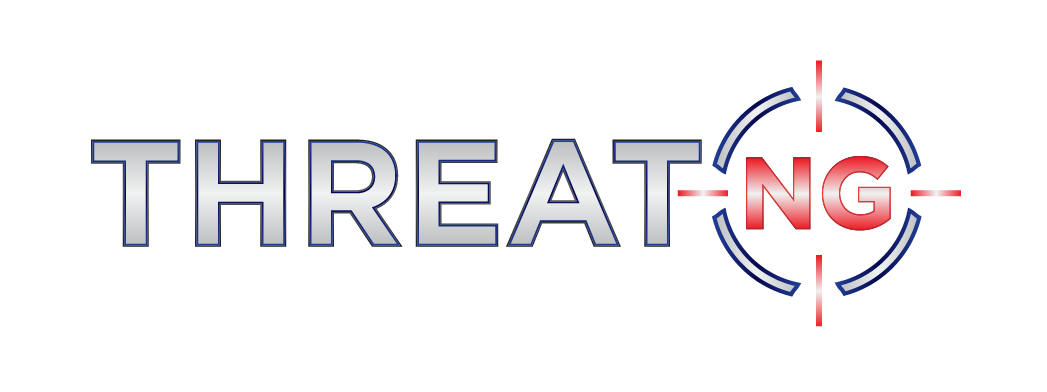Data Analytics and Observability Platform
A Data Analytics and Observation Platform is software that combines capabilities for collecting, processing, analyzing, and visualizing data with tools for monitoring the health, performance, and security of data pipelines and infrastructure. This integrated approach enables organizations to gain insights from their data while ensuring the reliability and integrity of their data systems.
Why Organizations Should Know All External Implementations, Third Parties, and Supply Chain for Cybersecurity:
Critical Data Exposure: Data analytics and observability platforms often house an organization's most sensitive data, including financial records, customer information, operational metrics, and strategic plans. Unauthorized access or breaches could lead to significant economic losses, reputational damage, and regulatory penalties.
Expanded Attack Surface: Each external SaaS-based implementation, third party, and supplier in the supply chain introduces a potential entry point for cyberattacks. Identifying these connections helps assess and mitigate the expanded attack surface, reducing the risk of breaches that could compromise critical data assets.
Third-Party Risk Management: Third-party vendors and suppliers may have different security standards and practices. Understanding their cybersecurity posture is crucial to managing the risk they introduce to your organization's data and systems. This allows for setting security requirements, monitoring compliance, and addressing vulnerabilities.
Incident Response and Recovery: Knowing all external connections enables a swift and targeted response to a security incident. Organizations can quickly identify affected systems, isolate the breach, and implement recovery measures, minimizing the impact on data integrity and business continuity.
Supply Chain Vulnerabilities: Cybersecurity threats can originate from direct third parties and deeper within the supply chain. Vulnerabilities in a fourth or fifth-party vendor can still impact the organization, potentially leading to data breaches or disruption of critical data analytics processes.
Regulatory Compliance: Various industries have specific regulations regarding data protection and privacy (e.g., GDPR, CCPA). Identifying all external implementations and their associated entities ensures that the organization complies with these regulations, avoiding legal penalties and reputational damage.
How ThreatNG Helps Secure Organizations, Third Parties, and Supply Chain:
ThreatNG, as an all-in-one EASM, DRP, and security ratings solution, can enhance the security of Data Analytics and Observability Platform implementations across the organization's ecosystem:
Discovery and Visibility: ThreatNG discovers and maps all externally identifiable SaaS-based data analytics and observability platform implementations, including those used by third parties and suppliers. It provides comprehensive visibility into the attack surface, including shadow IT and unauthorized instances.
Risk Assessment and Prioritization: ThreatNG assesses the respective owner of each implementation's security posture, identifying vulnerabilities, misconfigurations, and potential attack vectors. It analyzes configuration settings, user access controls, data exposure risks, and possible security gaps in data pipelines. These risks are then prioritized based on their severity and potential impact.
Continuous Monitoring and Alerting: ThreatNG monitors all discovered implementations for configuration changes, new vulnerabilities, and emerging threats. Real-time alerts notify security teams of any identified risks, enabling immediate action.
Remediation and Mitigation: ThreatNG provides actionable remediation guidance, including specific configuration changes, patching instructions, and best practices. It also facilitates collaboration with third parties to ensure they implement necessary security measures.
Integration with Complementary Solutions: ThreatNG integrates with SIEM, GRC, SSPM, and vulnerability management solutions. This integration allows for comprehensive risk assessment, automated compliance checks, centralized security management, and streamlined vulnerability remediation.
Example Workflow:
ThreatNG Discovery: ThreatNG discovers an unsecured Splunk instance used by a data analytics partner for log analysis and monitoring.
Risk Assessment: ThreatNG identifies that the owner of the Splunk instance is susceptible to many vulnerabilities and risks.
Prioritized Alert: ThreatNG generates a high-priority alert, notifying the organization's security team and the analytics partner.
Remediation Collaboration: The organization collaborates with the partner, guided by ThreatNG's recommendations, to strengthen access controls, implement robust encryption, patch vulnerabilities in the data pipeline, and enforce MFA for the Splunk instance.
Continuous Monitoring and Assurance: ThreatNG continues monitoring the Splunk instance, ensuring security measures remain practical and new risks are promptly addressed.
Desired Business Outcomes:
Reduced Attack Surface: ThreatNG identifies and mitigates vulnerabilities in data analytics and observability platform implementations, reducing the risk of data breaches and cyberattacks.
Improved Third-Party Risk Management: ThreatNG ensures third parties and suppliers adhere to security best practices and not introduce undue risks.
Enhanced Compliance: ThreatNG automates risk assessments and tracks remediation, ensuring compliance with data protection regulations.
Strengthened Security Posture: ThreatNG provides a holistic view of the organization's security posture, enabling effective risk management and incident response.
Protected Critical Data: ThreatNG safeguards sensitive data in data analytics processes, helping organizations maintain data integrity, protect intellectual property, and preserve customer trust.
Improved Data Reliability and Insights: ThreatNG monitors the health and performance of data pipelines, helping organizations ensure the accuracy and reliability of their data, leading to more informed decision-making.

